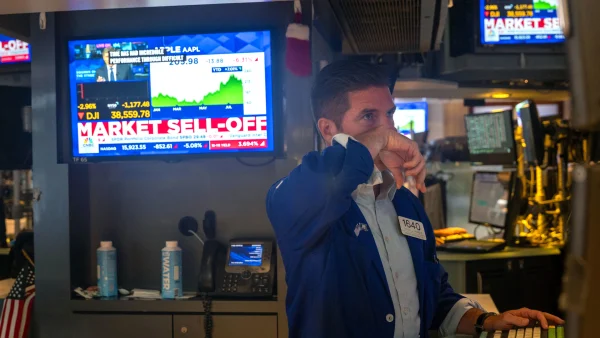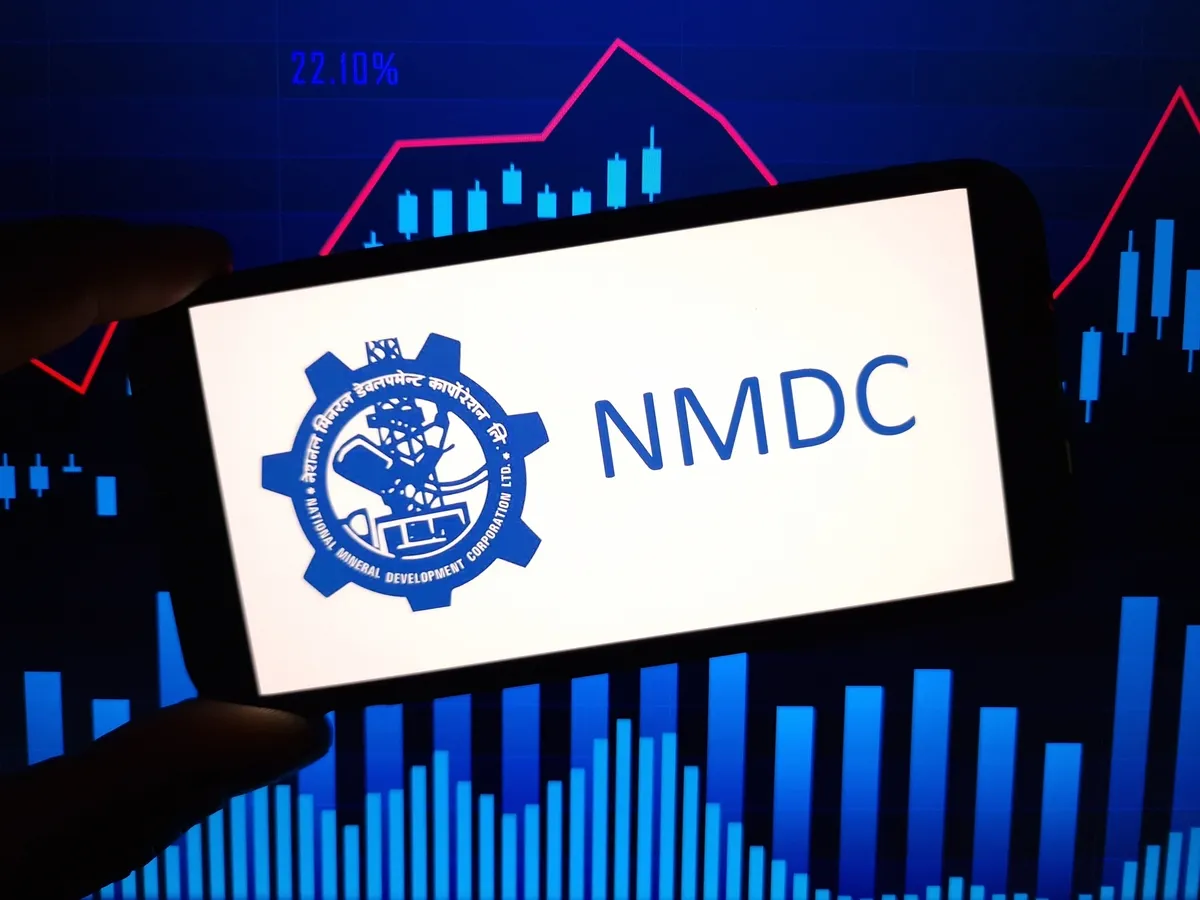
China Stocks See Best Trading Day Since 2008 Amid Stimulus Surge
Stocks
Zaker Adham
30 September 2024
06 August 2024
|
Zaker Adham
Summary
Summary
The recent sharp decline in stock prices may indicate the beginning of the end for the artificial intelligence-driven investment frenzy.

Paul Dietrich, chief investment strategist at B. Riley Wealth Portfolio Advisors, has been cautioning about a looming recession and stock market crash, particularly as the excitement around AI wanes.
In a note on Tuesday, Dietrich stated that his predictions have been reinforced by the recent sell-off triggered by weak economic data, which pushed the Nasdaq Composite into correction territory.
He drew parallels between the current market drop and the dot-com crash. For instance, Apple, which lost 79% of its market value in the early 2000s, has seen an 8% decline over the past month. Similarly, Amazon, which lost 93% of its value during the dot-com era, has dropped 18% in the last month.
Dietrich also highlighted the movement of "smart money" out of tech stocks, noting significant stock sales by tech CEOs. Jeff Bezos has sold $13.5 billion worth of Amazon stock this year, Meta CEO Mark Zuckerberg has sold around $1 billion in company stock, and Nvidia CEO Jensen Huang has sold nearly half a billion worth of shares this summer, according to securities filings.
"These investors don't believe their companies are bad investments; they simply think the stock market is currently overvaluing them," Dietrich said. "I feel sorry for average investors still chasing the AI hype and other tech stocks while many founders are selling out."
Dietrich also warned that the economy appears to be heading towards a recession, which could spell more trouble for stocks. Historically, stocks have fallen by 36% during recessions, even if the downturn is mild, he noted in previous communications.
He pointed to several indicators suggesting a downturn is imminent. The market is emerging from one of the longest bull runs in history, corporate earnings have been inconsistent, and interest rates are at their highest since 2001. Additionally, the economy has triggered multiple recession warnings, such as an inverted yield curve and a rising unemployment rate.
"What more evidence does one need to see that we are moving into a business cycle recession?" Dietrich asked. "Eventually, we will face another long-term bear market recession."
While he did not provide an exact timeline for the downturn, Dietrich suggested that the economy could enter a mild recession by the end of the year, potentially leading to a 40% decline in the S&P 500, based on historical patterns.
Recession fears intensified last week after the job market showed signs of slowing more than expected in July, raising concerns that the Federal Reserve may have kept interest rates too high for too long. Investors are now betting on significant rate cuts, possibly even an emergency cut by the end of the year, a move typically reserved for periods of extreme market volatility.

Stocks
Zaker Adham
30 September 2024

Stocks
Zaker Adham
30 September 2024

Stocks
Zaker Adham
30 September 2024

Stocks
Zaker Adham
27 September 2024